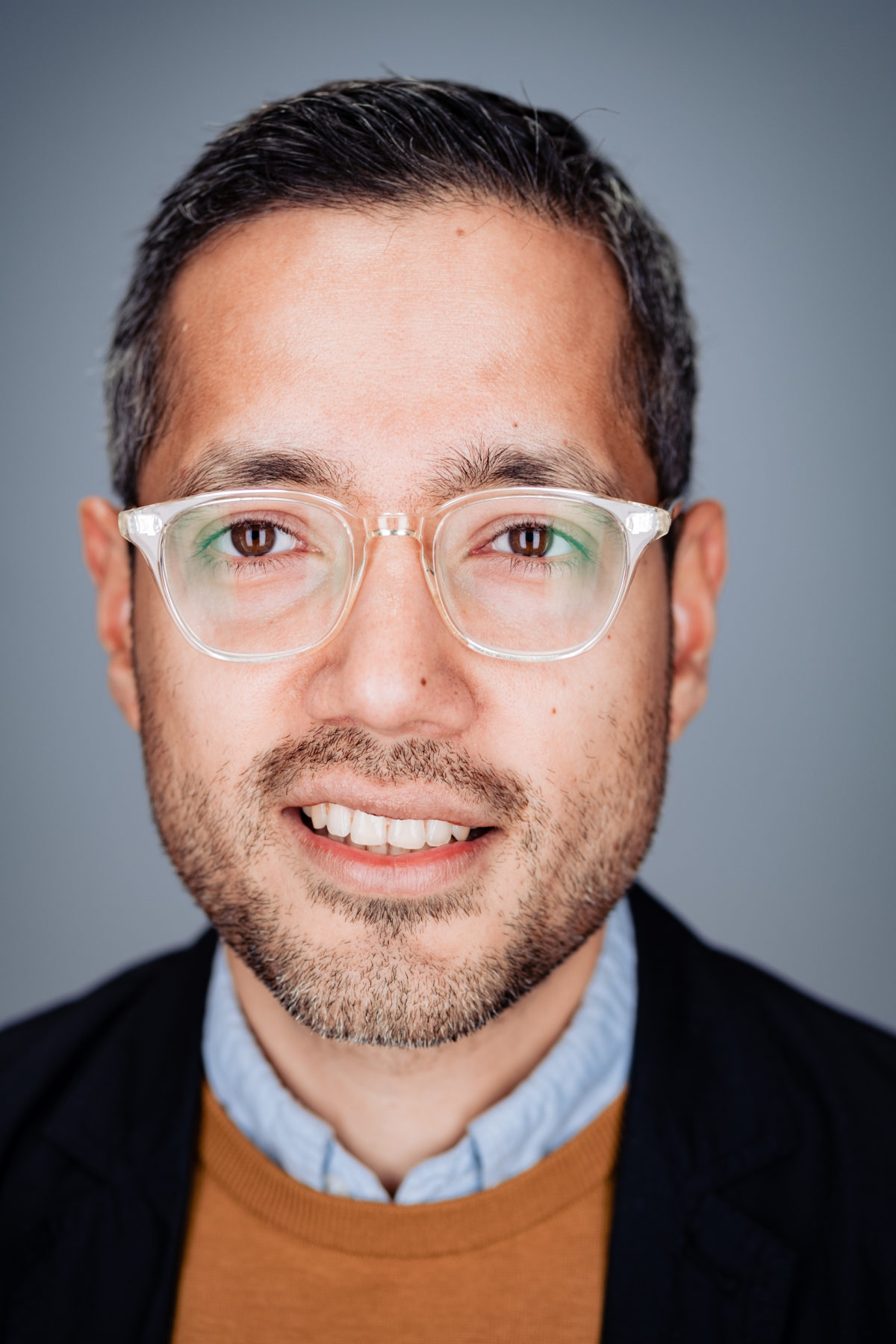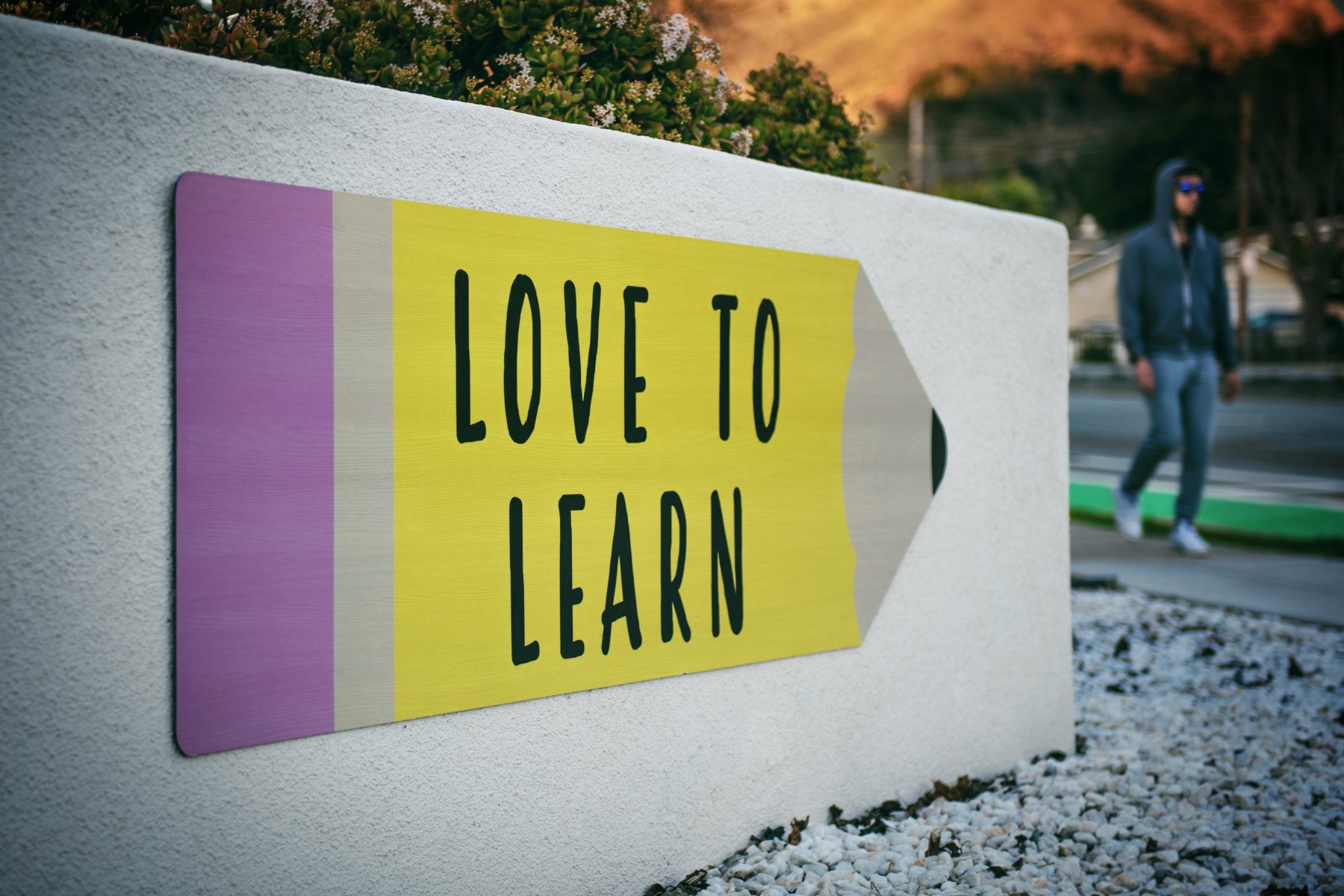12:00 Welcome
Moderator Tobias Heiberg Jørgensen from Playful Learning at the University College Copenhagen together with co-moderator Anita Schjøll Brede, CEO and Co-Founder at Iris.ai.
12:03 Create video using AI technology
Victor Riparbelli Rasmussen, CEO & Co-founder, Synthesia (DK)
12:13 Keynote
Atish Gonsalves, Founder and CEO, Gamoteca
12:30 Cases and practices
- Laura Holmes, Senior Product Manager, Google
- 12: 42 XR in surgery – Petteri Joenpolvi, CEO Adesante (FI)
- 12:54 Playful, social language learning – Maj-Elin Heigre, Co-Founder, DIGme Learning (NO)
13:07 Junior Achievement
Announcement of the winner of the Innovation Camp 2020!
13:17 Reflection
James Portnow, CEO, Rainmaker Games
13:42 Report from the Reinventing education Hackaton
13:50 Closure with Anita Schjøll Brede – AI from an ethical perspective and beyond
13:58 How to limit the tracking of your mobile phone!
12:00 – 14:00 CET
Can predictive learning help us transform education faster, to better match the pace of technological development in other sectors? Is this what will enable personalised teaching methods and thereby give every student the chance to learn better and more?

James Portnow is best known for writing the web series Extra Credits.
He is a game designer and consultant known for his theories on socially positive design. He received his Masters from Carnegie Mellon’s Entertainment Technology Center and went on to work for Activision as a designer on the Call of Duty series before raising funds to start his own company, Divide by Zero Games.
He currently serves as the CEO of Rainmaker Games, a design and consulting firm that has worked with partners from Zynga to Riot Games, in addition to writing the popular Extra Credits and Extra History series.

Atish Gonsalves is a social technologist, entrepreneur and the Founder & CEO of Gamoteca, a collaborative digital platform that enables organisations create their own mixed-reality learning games.
With a background in software engineering, AI and human-computer interaction, Atish’s experience includes leadership roles at technology and international non-profit organisations including the United Nations. Atish has consistently implemented successful edtech solutions that have helped democratize learning for thousands of learners in difficult contexts.
Atish is a global citizen, having lived in six countries and is a regular speaker at conferences and events on the role of technology-enhanced learning.
Gamotecas gaming design is shortlisted for the UK Learning Awards 2020.
24 September 12:00 – 14:00 CET.

Anita is CEO and Co-Founder at Iris.ai – the world’s first AI researcher and one of the Top 10 Most Innovative Companies in AI in 2017, according to Fast Company. She teaches about Artificial Intelligence at the Singularity University Nordic since 2017. Forbes claimed in 2018 she was among the world’s top 50 women in tech.
The past decade her career has spanned 10 industries including developing an e-learning tool in Silicon Valley, reducing energy consumption in the process industry, facilitating solar light business in Kenya and trying to disrupt the recruitment industry. She also dropped by 6 universities on the way. And built a race car.
Anita Schjøll Brede will be co-moderator on 25 September from 12.00 – 14.00 CET.

Laura has been at Google for almost 11 years, most recently working as the Product Lead for Assistive Learning.
Prior to her current role, she founded and led Grasshopper, a learning-to-code product out of Google’s internal incubator, Area 120, and also worked on Search, Analytics and Project Fi.
Laura is super passionate about the possibilities of AI in education and helping learners be the best versions of themselves.

Petteri Joenpolvi is CEO of ADESANTE, whose vision is “Zero Surgical Failures”.
ADESANTE is a Finnish healthtech company providing solutions for healthcare service providers, having SurgeryVision as their flagship product.
Petteri started his healthcare career in the 90`s, as a registered nurse in a Cardio – Thoracic Intensive Care Unit. He has always focused on improving the quality of healthcare.
Since moving from hospital to the business world in 2000, Petteri has worked eleven years in GE Healthcare, in several roles (Application specialist, Project Manager, Marketing Manager, Product Manager) and internationally (Europe, Middle East and South-East Asia).
Petteri has also worked in domestic healthcare technology businesses by bringing new technologies into the Finnish healthcare market.
For the last two years Petteri has run the company ADESANTE, which products are utilizing several interesting technologies (XR, AI, Blockchain, 5G, Computer vision, etc.) from other industries.
SurgeryVision: www.surgeryvision.com

Maj-Elin is a graphic designer, and a teacher with specialization in Norwegian language, and she also holds a master in NLP coaching. Maj-Elin has been teaching students from age six and up to adults, in Norwegian language for more than a decade. She has a great passion for language teaching in a way that activates the children.
DIGme learning was founded in 2019 in Stavanger, Norway.
How DIGme helps children with reading and writing skills
DIGme is a digital tool that enables children in the age of 5-12 years old to learn how to read and write by combining the latest pedagogy and didactics with technology and activity. Coding, gamification and social interaction will stimulate motivation when completing individual adapted tasks.
This edutainment is intended to be both educational and enjoyable, and as an educational tool DIGme has shown to improve both mental and physical health.
The four C’s in the DIGme product
Critical thinking: the practice of solving problems, among other qualities.
Creativity: the practice of thinking outside the box.
Collaboration: the practice of working together to achieve a common goal.
Communication: the practice of conveying ideas quickly and clearly.
Today, children use a variety of digital devices for multiple purposes. One consequence is a more passive lifestyle.
Maj- Elin explains: – We already know that five of our senses are connected to movement and that we learn by using all five of them. According to research, a lack of language comprehension can lead to significant difficulties when it comes to a person’s ability to orientate in our new digitalized society. We need to be educated and taught in new ways in order to be able to manage our everyday life. Our approach to this challenge is Learning by Playing.
Learning by Playing and the DIGme product supports the OECDs policies for The Future of Education and Skills 2030.
The DIGme team believes that language comprehension is a door opener to all kinds of learning, both professionally and socially.
